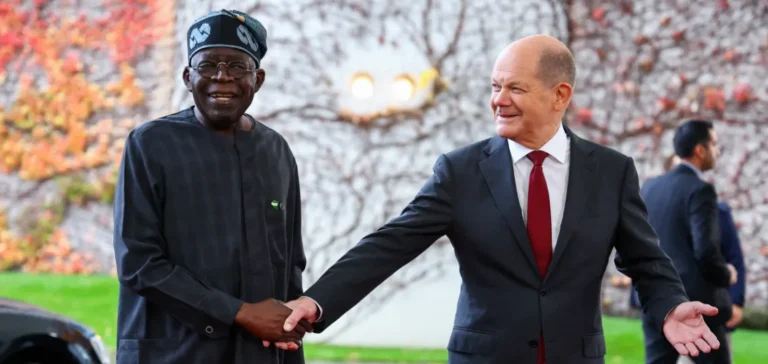Germany has granted €21mn ($24.3mn) to Nigeria to support the country’s energy transition and enhance its capacity in the development of renewable energy. This contribution is part of a bilateral cooperation strategy aimed at modernising Nigeria’s energy system and promoting a production model less reliant on fossil fuels.
The German funding includes €9mn allocated to the Nigerian Energy Support Programme (NESP) and €12mn for the newly created Energy Transition and Climate Fund (ETCF). These funds will be used to finance energy efficiency projects, stimulate private investment and accelerate the deployment of more efficient infrastructure.
A strategic partnership between Berlin and Abuja
Nigerian Minister of Power, Adebayo Adelabu, welcomed the support, describing it as “a shift from dialogue to concrete technical assistance”. The agreement strengthens Germany’s role as a key partner for Nigeria in the implementation of its Energy Transition Plan (ETP), which aims to establish a sustainable and competitive energy growth model.
Nigeria holds significant potential in solar, wind, hydro and biomass energy, but this remains largely untapped. Key obstacles include a lack of investment, limited electrical infrastructure, and a complex regulatory environment that hampers the development of renewable energy projects.
Towards increased regional cooperation
In addition to this support, the Energy Commission of Nigeria (ECN) signed a memorandum of understanding with UK-based UNIDACO Limited for a €100mn investment to back the country’s energy transition. This initiative is complemented by a €20mn grant jointly financed by KfW Development Bank and the Africa Enterprise Challenge Fund, focused on developing local expertise and promoting decentralised energy solutions.
Nigeria aims to achieve carbon neutrality by 2060, a target structured around the ETP, which outlines priority actions across five sectors: energy, cooking, oil and gas, transport and industry. These programmes demonstrate the country’s intention to align its energy policies with international cooperation frameworks while securing national energy independence.






















